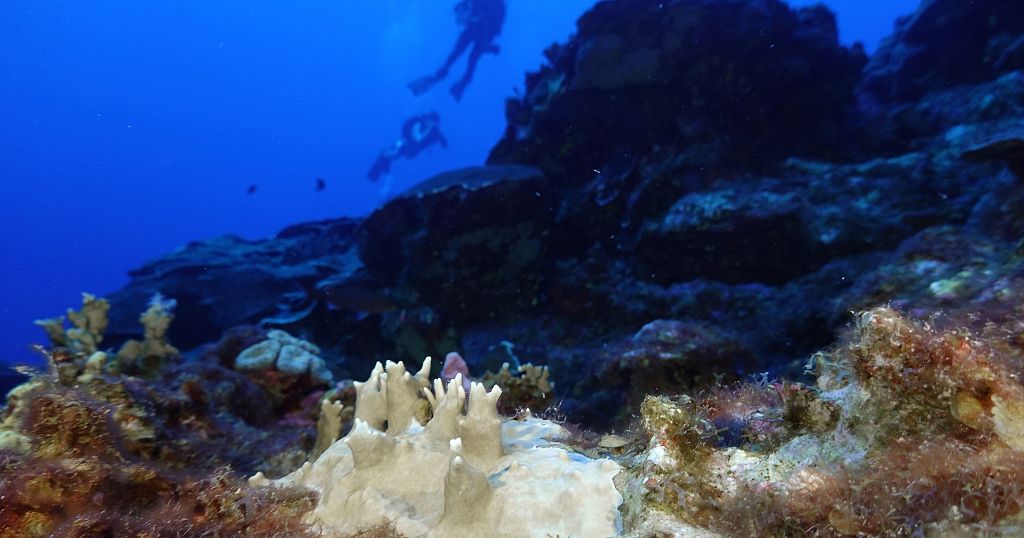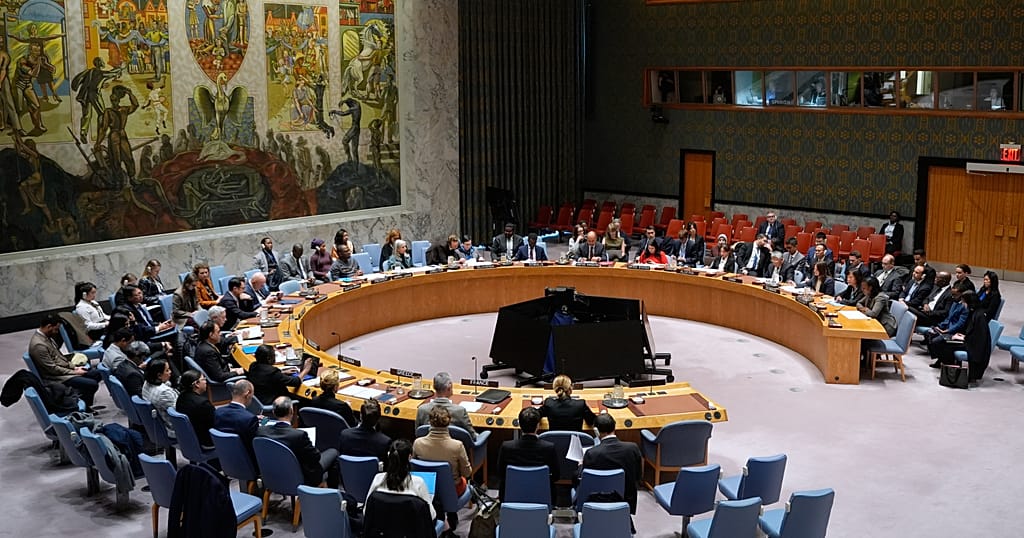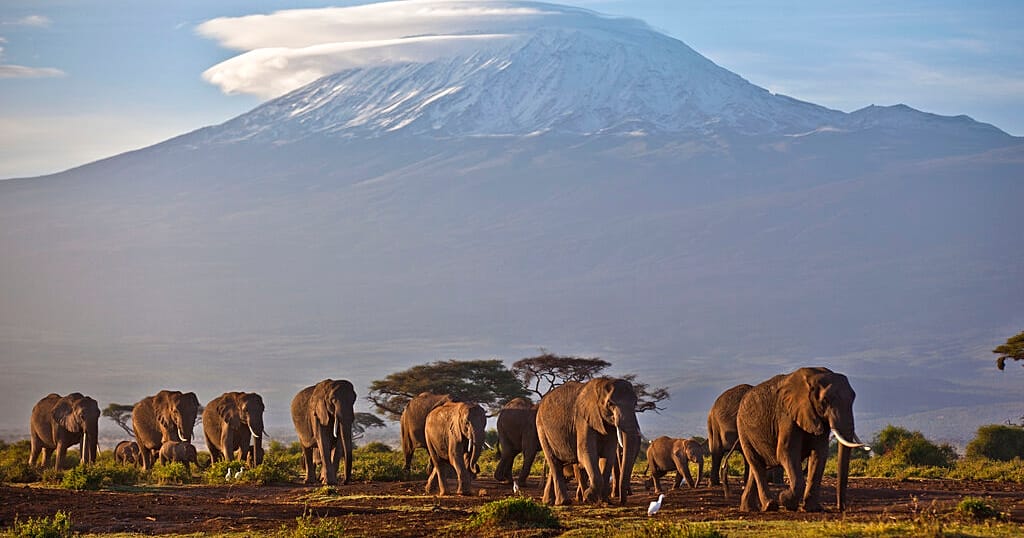Fourth mass coral bleaching prompts UN alarm

Research this year shows that 77% of the world’s coral reefs are affected by bleaching, mainly due to warming ocean waters amid human-caused climate change.
It’s the largest and fourth mass global bleaching on record and is impacting both hemispheres, United Nations Capital Development Fund said.
The findings prompted a U.N. special emergency session on Wednesday — typically called to address escalating conflicts or natural disasters — on corals to be convened on sidelines of the U.N. biodiversity summit, known as COP16, nearing its end after two weeks in Cali, Colombia.
“We stand at a critical juncture. The evidence is undeniable,” said Margaux Monfared, the international policy and advocacy manager at the International Coral Reef Initiative during a press conference on Tuesday ahead of the emergency session. “Immediate, decisive action is necessary to confront the threats to the world’s coral reefs to prevent functional collapse.”
Coral reefs are vital ecosystems that support over 25% of marine life and nearly a billion people, many relying on reefs for food security, coastal protection and livelihoods, the U.N. development fund said.
After the emergency session on Wednesday, the governments of New Zealand, the United Kingdom, Germany and France made new pledges totaling around $30 million to the U.N. fund for coral reefs established in 2020. By 2030, the fund seeks to leverage up to $3 billion in public and private finance to support coral reef conservation efforts. Around $225 million has been raised to date.
Next year, a U.N. ocean conference will take place in Nice, France, and countries are being urged beforehand to pledge more to the U.N. global fund for coral reefs with the aim of mobilizing an additional $150 million in donations by the conference.
A change in water temperature can cause coral to drive out algae that provides nutrition, lose its color and become stressed. Coral may bleach for other reasons, such as extremely low tides, pollution or too much sunlight.
In the world’s largest coral reef ecosystem, Australia’s Great Barrier Reef, bleaching affected 90% of the coral assessed in 2022. The Florida Coral Reef, the third-largest, experienced significant bleaching last year.
Source: Africanews















